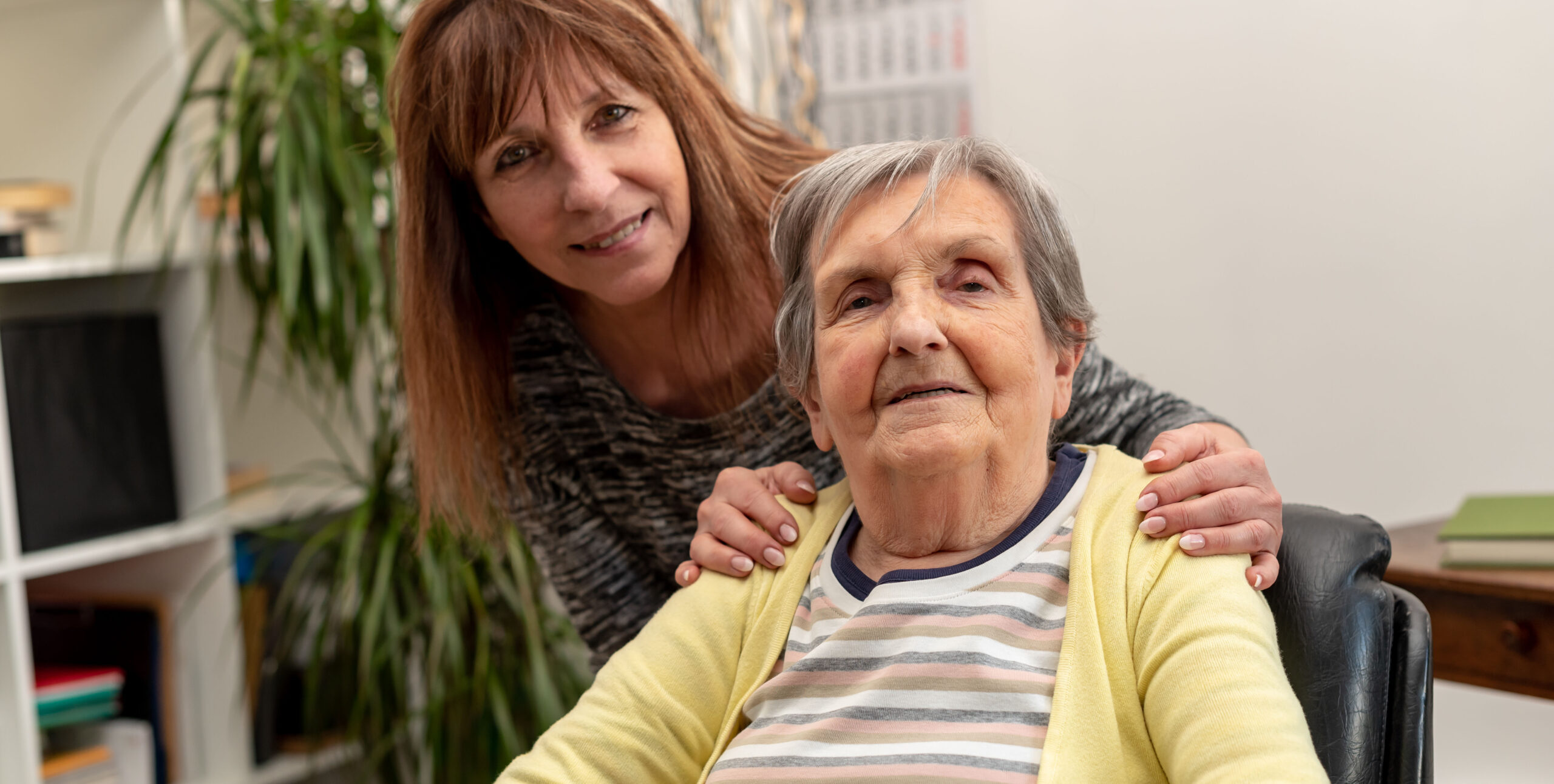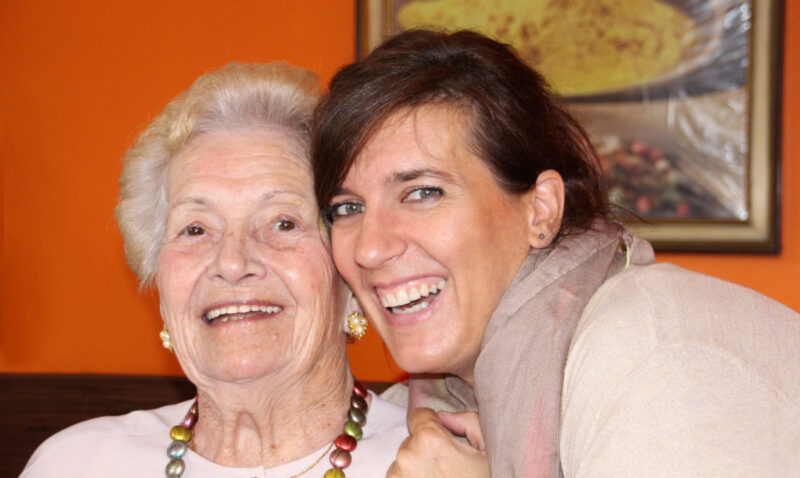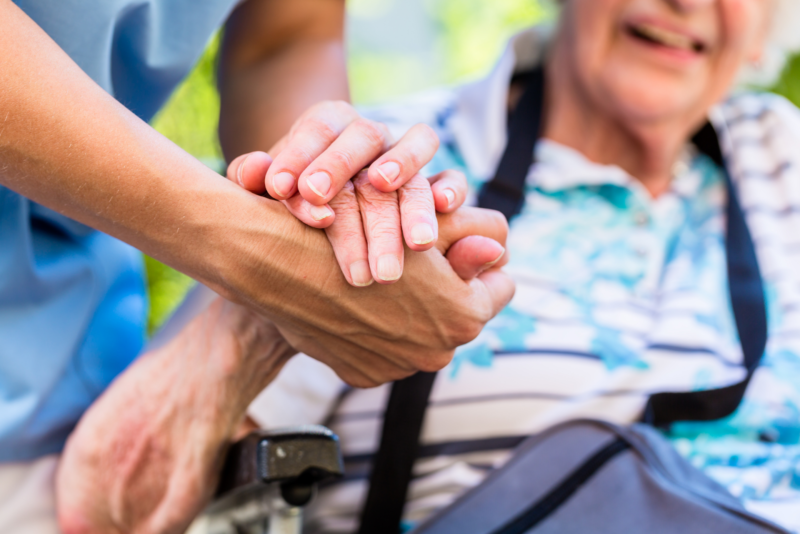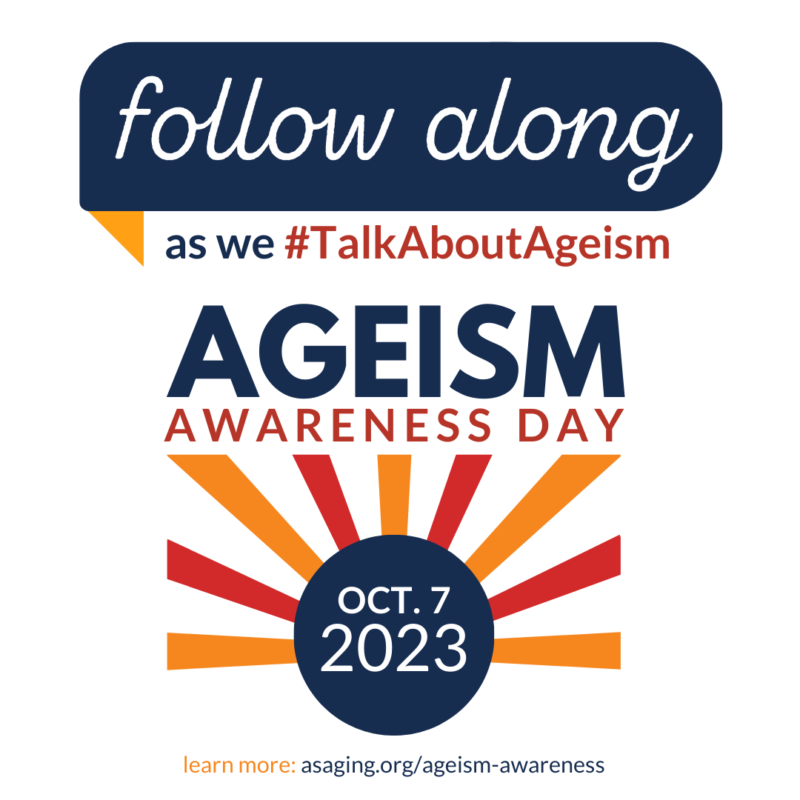Did you know that April is Parkinson’s Awareness Month?
What is Parkinson’s Disease and Who is Affected?
Parkinson’s Disease affects nearly one million people in the United States. Although Parkinson’s can be diagnosed in younger people, it primarily affects those over the age of 60. Parkinson’s Disease is a nervous system disorder that can cause a variety of uncomfortable and, sometimes embarrassing symptoms for those with the disease, such as tremors, trouble with speech and movement, as well as changes in behavior and sleep patterns. It is a slow-progressing disease that begins gradually but worsens over time.
Parkinson’s disease is caused by nerve cells in the basal ganglia, which is an area in the brain that controls movement. These cells die or may become impaired which can lead to some of the common symptoms of the disease. In a healthy brain, the nerve cells that are affected by Parkinson’s, produce the “happiness” chemical known as dopamine. This is why, often, those with Parkinson’s Disease may suffer from a co-morbid variety of mental disorders such as depression and anxiety. Because the brain produces less dopamine and norepinephrine, the main chemical messenger of the nervous system, this can cause disorders in movement, such as tremors and trouble walking or moving.
At the writing of this blog article, it is still unknown what truly causes Parkinson’s disease, but links have been made between chronic depression and anxiety that may contribute to developing the disease later in life. Other causes are primarily genetic or hereditary, but this is not always the case.
Although a Parkinson’s diagnosis can be challenging for those affected, those who have it can still maintain a high quality of life. Unfortunately, the disease has no cure, but it can be managed well with medications, physical and speech therapy, and support from loved ones.
How do you support a loved one who has Parkinson’s Disease?
For caregivers, supporting a loved one who has Parkinson’s Disease can be a challenge, but you are not alone! There are many ways that you can care for someone who has the disease:
- Be patient and compassionate. As a caregiver, you may burn out from caring for your loved one, and this is perfectly normal. However, being as patient and compassionate as possible as their disease progresses is important. No one is perfect, but if you are finding it especially difficult to manage your life and mental health, seek help from a support group, doctor, therapist, or other friends and family who may be able to offer their support.
- Practice self-care. Another important way to maintain a balance between your life and your loved one’s life is to practice self-care. Self-care is a broad term but includes doing things for yourself that you enjoy, such as engaging in a hobby, taking a warm bath, reading a good book, meditating, exercising, or spending time with other people you love. Although it sounds challenging, self-care can be practiced even with 5 or 10 minutes to yourself and doesn’t have to include a weeks-long vacation or anything fancy or expensive. For some tips on practicing self-care, click here.
- Educate yourself about Parkinson’s Disease. The more you know about your loved one’s illness, the better informed you will be, and can help guide you in making medical and care decisions for them. Staying on top of recent research and proactively researching symptoms, causes, treatments and more can help make caring for your loved one more effective. Be their advocate.
- Consider respite care. If you find yourself overwhelmed by your loved one’s care, consider having another friend or family member care for your loved one while you do something you need to do, or if money allows, hire a private caregiver to help take some of the weight off your shoulders and make it easier to handle the day-to-day challenges of caring for your loved one. Even a few hours here and there can help immensely.
- Go with your loved one to their regularly scheduled doctor’s appointments. This helps keep an open dialogue with medical professionals with insight into your loved one’s condition and ensures any changes or worsening of symptoms can be properly addressed and managed as they arise.
- Ensure your loved one takes their medication as recommended to help manage symptoms. Medication for Parkinson’s is very effective in controlling and reducing symptoms. Ensuring all medications (even those that may be taken for other conditions) are taken appropriately and as recommended, can help manage many symptoms of Parkinson’s Disease and other health conditions your loved one may have.
To learn more about Parkinson’s Disease and how to care for your loved one, click here or here.
For some encouraging reading and research, check out this article here about new techniques that can help diagnose Parkinson’s early that are currently being researched.










